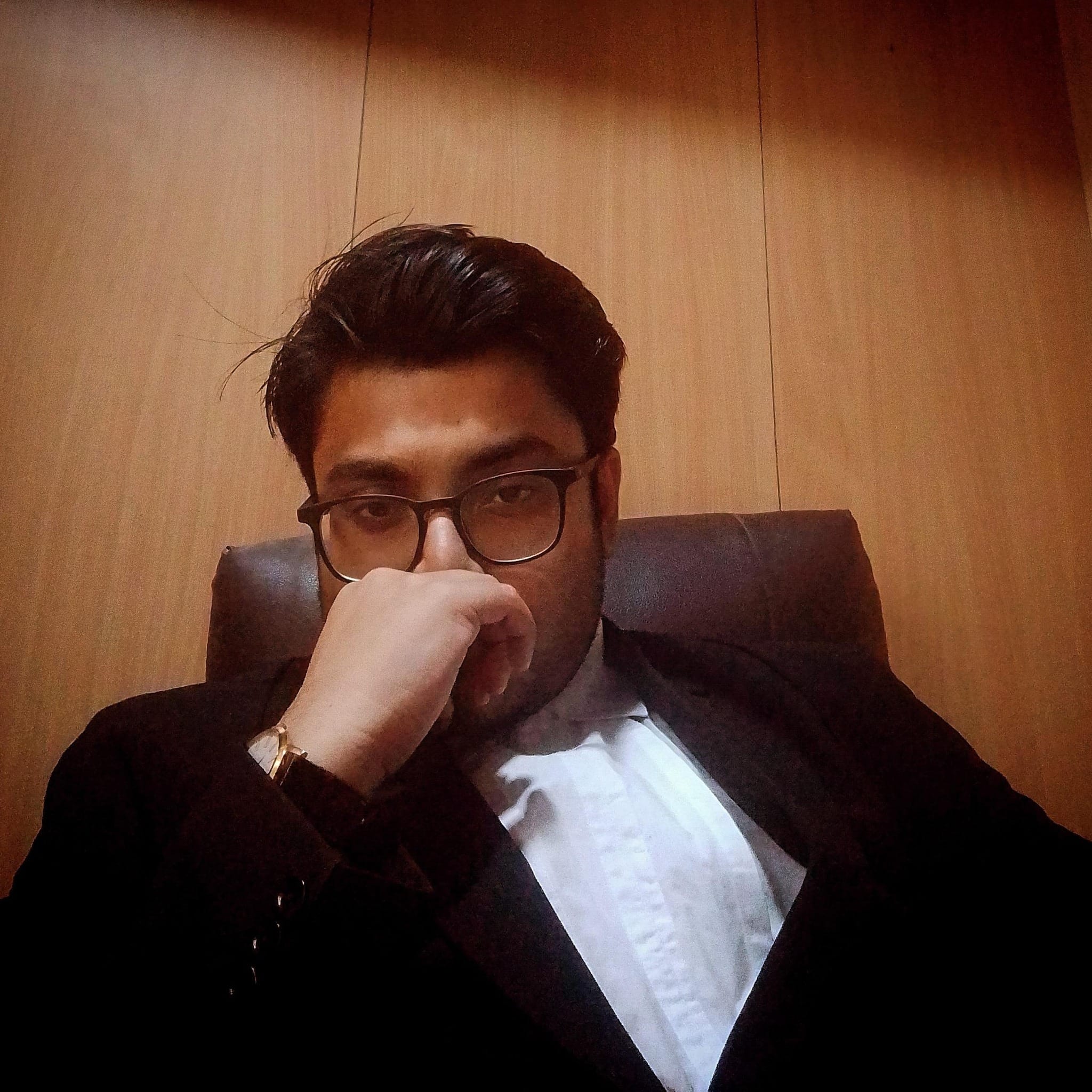Dicey says: ”that a good rule of law alone can punish a man for the breach of rule framed under the law and nothing else”.
“Rule of Law” comes from a French phrase, ‘la principe de legalite‘ which translates to ‘Principle of legality’.
A government that has its basis on principles of law and not principles of men. Rule of Law is one of the Basic and crucial Principles of the English Constitution. This Doctrine is accepted in the Constitution of the U.S.A. and in the Constitution of India as well. The entire basis of administrative law is based on this doctrine. Sir Edward Coke, the Chief Justice in James I’s reign was the originator of this concept. In a battle against the King, he succeeded in maintaining that the king must be under God and the Law and thus establish the supremacy of law against the executive.
Later on A.V.Dicey, a British jurist developed the’ Doctrine of Coke’ in his book “the Law and the Constitution” published in 1885.
Table of Contents
Meaning
Generally, the term Rule of Law means the principle of authority refers to the government based on principles of law and not men. According to A. V. Dicey this doctrine is one of the most valuable fundamental principles of the English Legal systems. In his Aforesaid book, he attributed the following three meanings to the said doctrine:-
- The supremacy of Law: Lex Rex (A Legal maxim which means “the law is the kings of the king” or “law king”),
- Equality before Law: “Lady Justice”.
- The predominance of Legal Spirit: Judge made Constitution.
The Rule of law is a dynamic concept it changes with the change in social economic and political values and valuations. However, the basic postulates remain the fullest development of an individual’s personality keeping in view the interest of society.
Supremacy of Law:
Dicey stated that It means the absolute supremacy or predominance of regular law as opposed to the influence of arbitrary power or wide discretionary power. It excludes the existence of arbitrariness, of prerogative or even wide discretionary power on the part of the Government.
According to his Doctrine, no man can be arrested, punished, or be lawfully made to suffer in body or goods expected by due process of law and for a breach of law established in the ordinary legal manner before the ordinary courts of the land. Dicey described the principle as “the central and the most characteristics feature of common law”.
According to Wade “The Rule of Law required the Government should be subject to the law, rather than the law subject to the government.
Equality before Law
Dicey stated that there must be equality before law or the equal subjection of all classes to the ordinary law of the land administered by the ordinary law courts.
He criticized the French Legal System of Droit administratif in which there were distinct administrative tribunals for deciding cases between the officials of the State and the Citizens. According to him exemptions of the Civil servants from the jurisdiction of the ordinary courts of law and providing them with special tribunals were the negation of equality.
The predominance of Legal Spirit
Dicey stated that in many countries rights such as rights of personal liberty, freedom from arrest, freedom to hold public meetings, etc, are guaranteed by a written Constitution. Those rights are a result of judicial decisions in concrete cases that have actually risen between the parties.
Dicey emphasized the role of the court of laws as guarantors of liberty and suggested that the rights would be secured more adequately if they were enforceable in the court of law than by mere declaration of those rights in a document, as in the latter case they can be ignored, curtailed or trampled upon.
Origin of Rule of Law
The concept is very old. In the thirteenth century Bracton, a judge in the reign of Henry III in a way introduced the concept of Rule of Law without naming it as Rule of Law. He wrote:
“The king himself ought to be subject to God and the law, because law makes him king.”
Edward Coke is said to be the originator of concept of Rule of Law when he said that the king must be under God and law and thus vindicated the supremacy of law over the pretensions of the executives
the total credit for developing the concept of Rule of Law goes to Professor A.V. Dicey who in his classic book “Introduction to the Study of the Law of the Constitution” published in the year 1885 tried developing the concept of Rule of Law. As per Dicey no man is punishable or can be lawfully made to suffer in body or goods except for a distinct breach of law established in the ordinary legal manner before the ordinary Courts of the land. This establishes the fact that law is absolutely supreme and it excludes the existence of arbitrariness in any form. According to Diecy where there is scope discretion there is room for arbitrariness. So Dicey held that every man, whatever be his rank or condition, is subject to the ordinary law of the realm and amenable to the jurisdiction of the ordinary tribunals.
Rule of Law in Modern Sense.
The modern concept of the Rule of Law is fairly wide. Davis in his classic work on ‘Administrative Law’ gives seven principal meanings of the term Rule of Law:
- Law and Order,
- Fixed rules;
- Elimination of discretion;
- Due Process of law or fairness;
- Natural Law or observance of the principles of natural justice;
- Preference for judges and ordinary courts of law to executive authorities and administrative tribunals; and
- Judicial review of administrative action.
Relevant Cases on Doctrine of Rule of Law in England
In England this Doctrine was applied in concrete cases. If a man wrongfully arrested by the police, he can file a suit for damages against them as if the police were the private individuals.
Concept of Rule of Law in India
For a democratic country like India Rule of Law is a basic requirement. The Rule of Law runs like a golden thread through every provision of the Constitution and indisputably constitutes one of its basic features (Read basic structure doctrine) which requires that every organ of the state must act within the confines of powers conferred upon it by the Constitution and the Law.
Indian Rule of Law stands prescriptive it is not just as a sword against State domination, but also as a shield, empowering a “progressive” state intervention in civil society.principle of Dicey is not fully applicable in India as in India we consider the Constitution to be the basic groundwork of laws from which all other laws are derived.
Also, the Supreme Court applies the concept of rule of law to promote the concept of Public Interest Litigation (P.I.L.) as a strategic arm of the legal aid movement observed: “The rule of law doesn’t mean that the protection of the law must be available only to a fortunate few or that the law should be allowed to be prostituted by vested interests for protecting and upholding the status quo under the guise of enforcement of their civil and political rights
How it differs from the Rule of Law in India from the United States.
India and the U.S. have both a written Constitution.
United States Constitution now known as Federalist Papers
In India the Constitution is supreme.
The U.S. Constitution is the nation’s fundamental law. It codifies the core values of the people. Courts have the responsibility to interpret the Constitution’s meaning, as well as the meaning of any laws passed by Congress.
But In India, we follow the principles of A.V. Dicey; Here Constitution is supreme which provides rights of citizens and provides appropriate provisions to secure and safeguard the right against the administrative actions.
Under the provisions of the Indian Constitution, the Rule of Law as to life, personal liberty, and equality have been incorporated. Administrative authorities can exercise the executive and legislative functions following the provisions of the Constitution. In India, the government and its servants are not exempted from the jurisdiction of ordinary courts of law. According to Justice Khanna Article, 21 is our Rule of Law regarding life and Liberty even State has no power to deprive it.
Supreme Courts principles regarding Rule of Law
- The State should not pass discriminatory laws.
- The State should not interfere with religious beliefs.
- The State should not place an undue influence on Freedom.
Ingredients of Rule of Law
Rule of Law is a vast concept but it is somewhat difficult to define. Every person has its own way of defining rule of law some think it to be the supremacy of law; some think it to be the principles like clarity, universality, stability etc. Due to all these reasons certain ingredients of Rule of Law have been identified and all which need to exsist for the concept of Rule of Law to survive.
Common ingredients of Rule of Law are:
- A government bound by and ruled by law
- Equality before the law
- The establishment of law and order;
- The efficient and predictable application of justice; and
- The protection of human rights.
Rule of Law relevant Cases in India.
Indira Nehru Gandhi Vs. Raj Narain
Conclusion on Rule of Law:
Thus, the rule of law and its importance cannot be ignored to prevent abuse of process and arbitrariness and discretionary power by the administrative authorities. It is necessary to uphold the dignity of a man in society.
It is the rule of law, which gives us fair play and justice in the wake of the administrative action. Again, it is a rule of law that ensures and safeguards the rights and interests of the citizens against the arbitrary actions of the administrative authorities.
A mere declaration of rights is of no use unless the declaration has a real legal sanctity attached to it, to protect the interest of various subjects, judiciously and fairly to the extent of permissible under the Constitution.
Contributions such as these help us build and sustain a community of curious minds. We welcome Contributors to Sign up on our website through this link and send us their articles or blog posts.
Striving to create a community of like minds,
team SL,

Trying to learn the art of advocacy.
Practicing at the Calcutta High Court and in its vicinity.





very good post….wow
XD